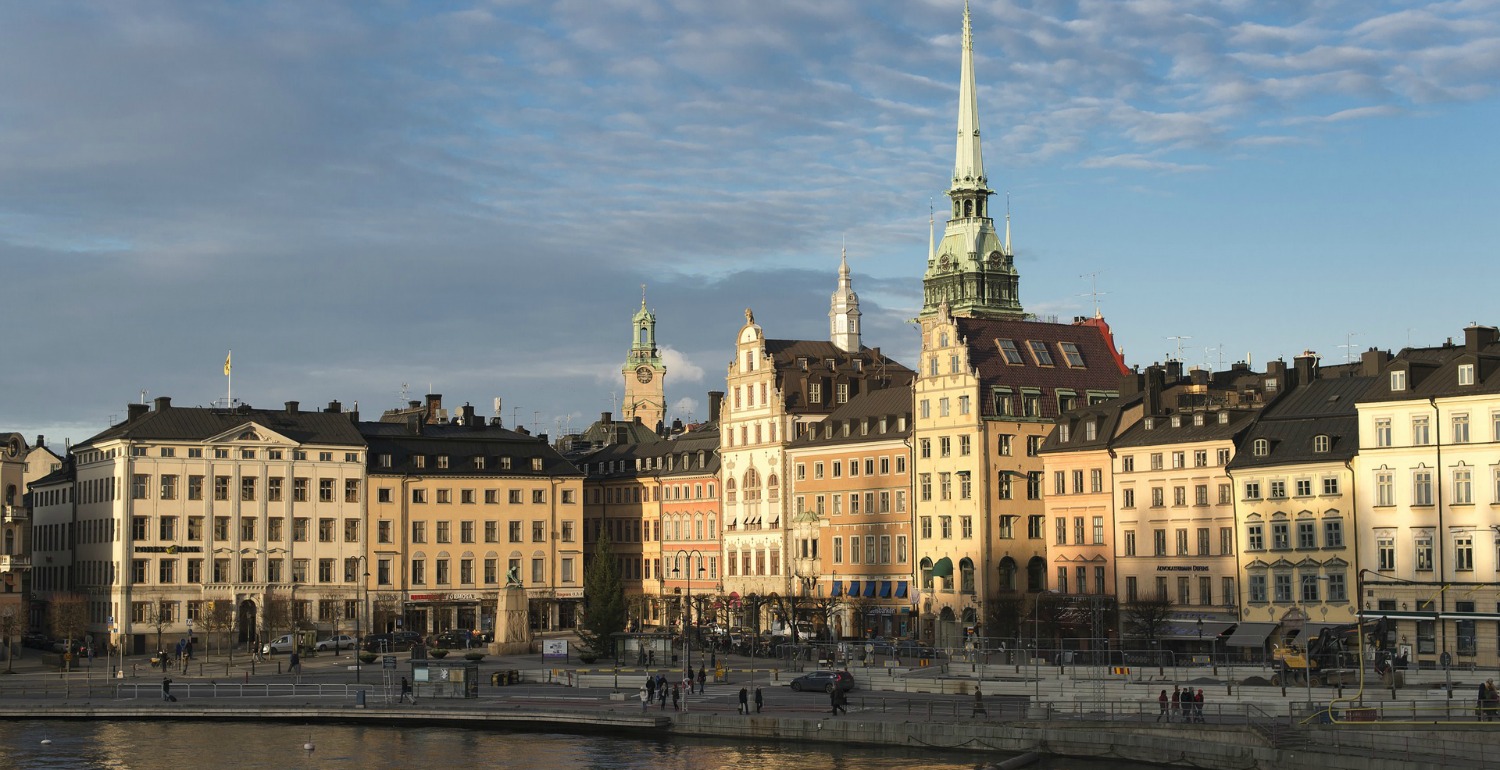In this hearing, which Rep. Steny H. Hoyer presided over, took place on the heels of the Stockholm Meeting of the Conference on Confidence and Security Building Measures and Disarmament in Europe (CDE). Concerning the conference, Chairman D’Amato stated, “This package of confidence- and security-building measures is designed to bring about greater openness with respect to European security and reduce the risk of war.”
One of the main aspects of this “package” was the first inclusion of provisions for onsite inspection in an East-West agreement. The conference had large implications for the Helsinki process. For instance, one named concern was that security could overshadow human rights. The witness (Ambassador Barry) did say, though, that the conference could, if properly implemented, reduce the risk of war in Europe, contribute to greater security and openness, and lead to improved East-West relations.







